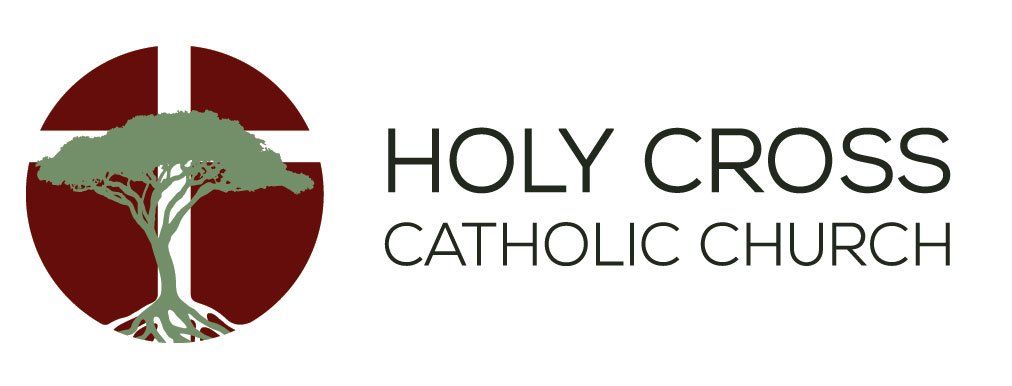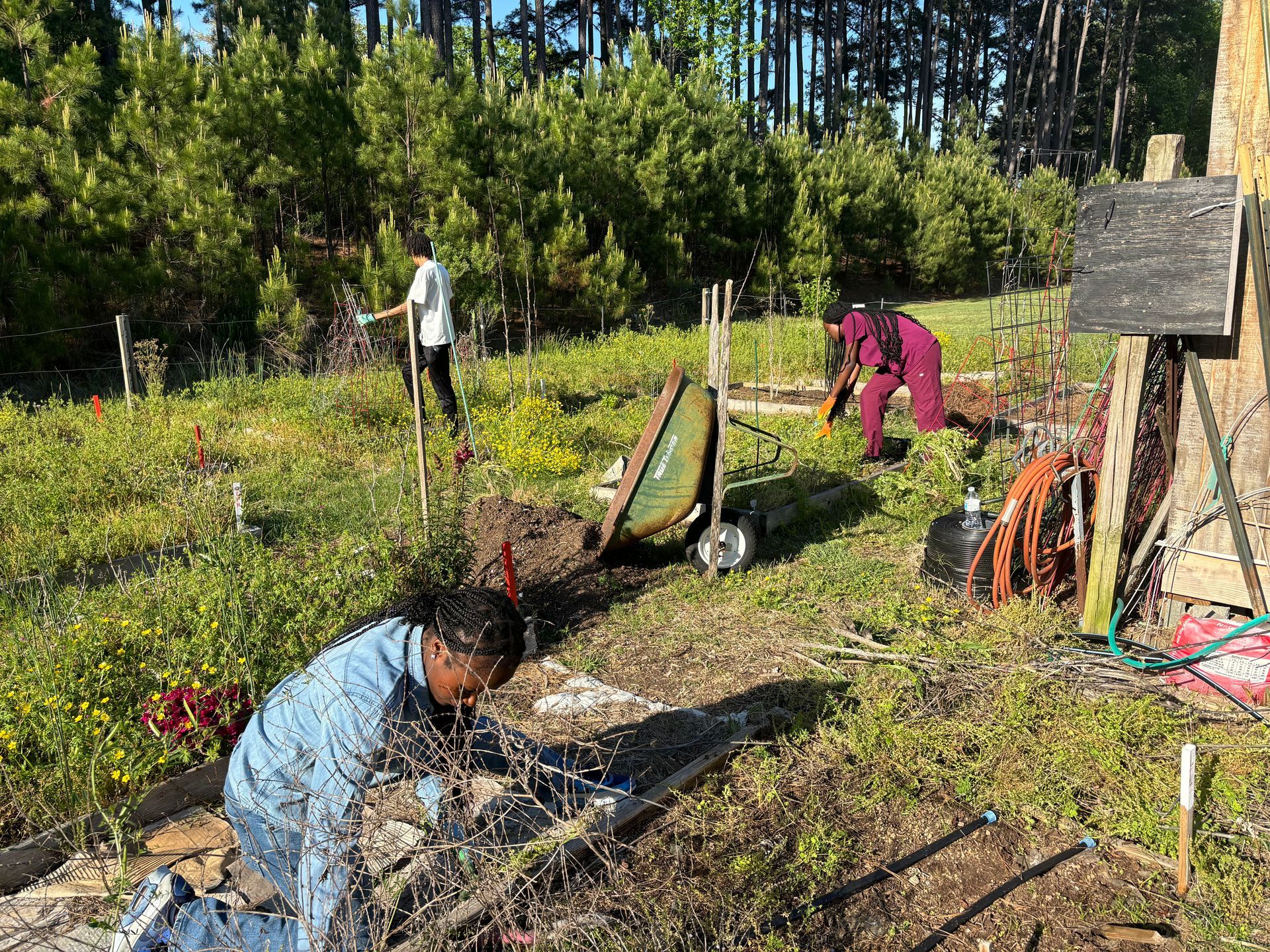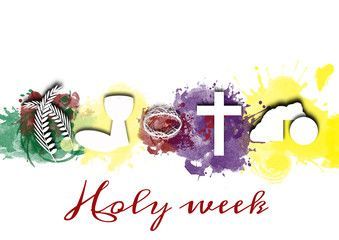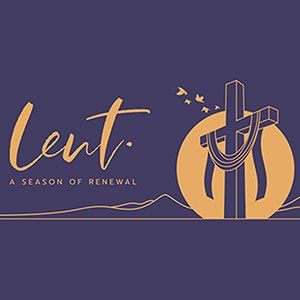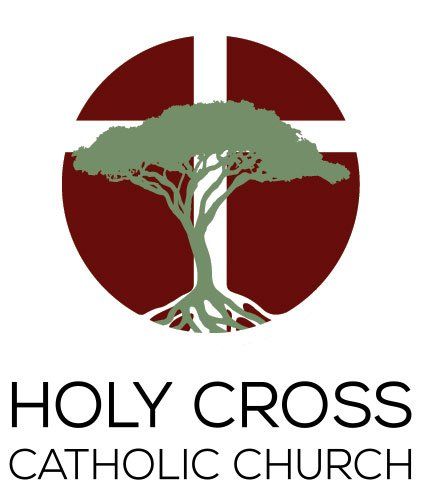Lent: A Time of Penance, Fasting and Almsgiving
Lent is an annual period of forty days — beginning on Ash Wednesday — for Roman Catholics, set aside for penance, fasting, and almsgiving in preparation for the coming celebration of Easter. It is modeled in part on the forty days that Jesus spent in the desert prior to beginning his public ministry. The penance, fasting, and almsgiving are meant to lead the believer to ongoing conversion and a deeper faith in the Lord who redeemed us. (Lent begins this year on February 22. (Holy Cross will celebrate Shrove Tuesday - Mardi Gras - on February 21. Watch for details coming soon.)
The word Lent comes from the Anglo-Saxon word for “spring.” Lent lasts six Sundays and forty weekdays, concluding on Holy Thursday with the celebration of the Lord’s Last Supper.
Historically, Lent was the proximate period of preparation for catechumens getting ready for Baptism. The Rite of Christian Inhiation for Adults recaptures this historical thrust by preparing the elect for initiation. During Lent, all baptized Christians are called on to contemplate and renew through penance and prayer their own baptismal commitment. This commitment implies walking the way of the Cross to the glory of the Lord’s Resurrection.
The rich, liturgical color of royal purple cloaks the season in its penitential vesture. Simplicity and austerity quietly whisper images of the barren desert. Flowers are absent; music is sparse and the church quietly, but firmly, heralds its reflective “time out.” Things have noticeably changed. As people and as church, we enter the poustinia* of serious penitential and baptismal reflection. We take stock and assess our growth in the Christian life. We ask ourselves. “Where is there need for healing and reconciliation in our lives?”
Lent is a time of conversion, of metanoia, a complete turning away from sin into the loving arms of our loving God. “What we are about when we observe this liturgical time is the correction of our habits, in order to relearn normative Christian behavior,” (National Catechetical Directory) first as a church, then as individuals. While it is a somber time, it is marked by a spirit of joy. As Christians we know the rest of the story, Christ was victorious over the power of sin and death. While it is no doubt a time of serious reflection and interior conversion, we are joyful because we know that Easter joy awaits us. Christ the Liberator continues to heal, strengthen, and free us from the bondage imposed by ourselves and by the world.
Prayer, fasting, and almsgiving are communal disciplines of Lent. The Lenten disciplines are not for private edification; rather, they are to build up the entire church. One fasts in order to share. In antiquity, those who did not have enough to share were instructed to fast and use the money they saved on food to give to the poor. Prayer, fasting, and sharing are the agenda for the entire community. Many parishes gather during Lent for light soup suppers in which money normally spent on a hearty meal is given instead to the poor.
*(Russian word for desert) In Christian spirituality, it a small sparsely furnished cabin or room where a person goes to fast and pray, but which is less austere than a hermitage.
